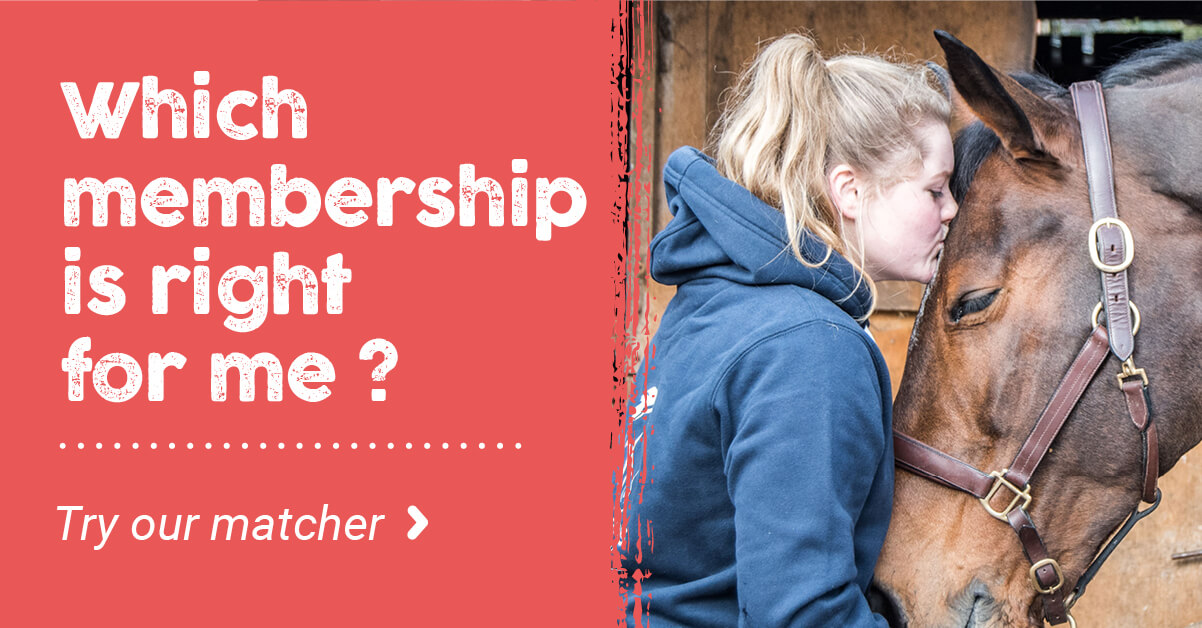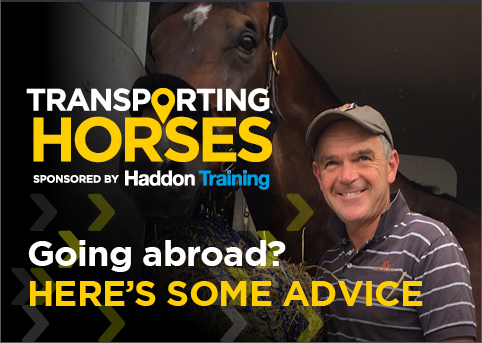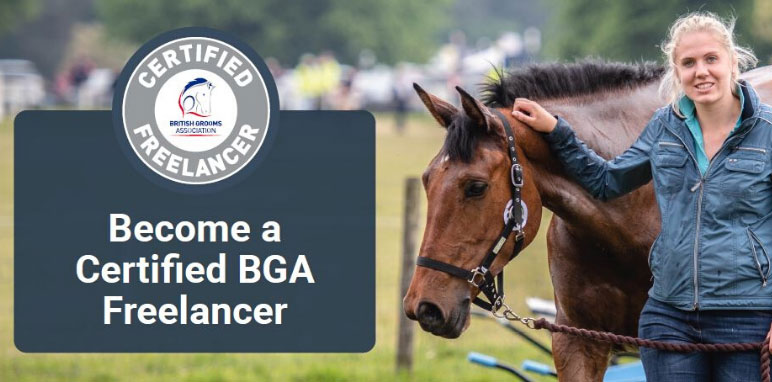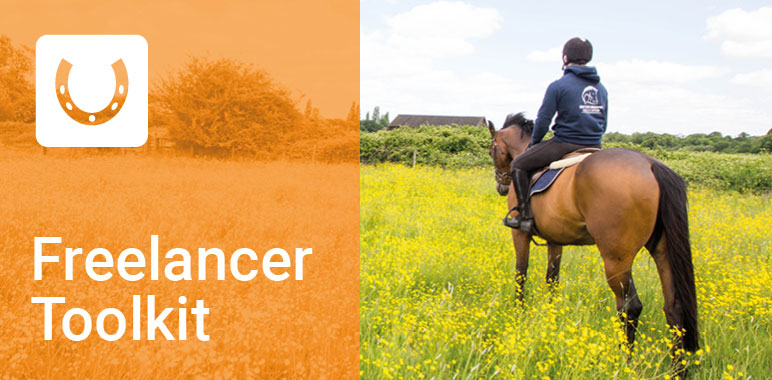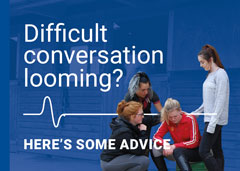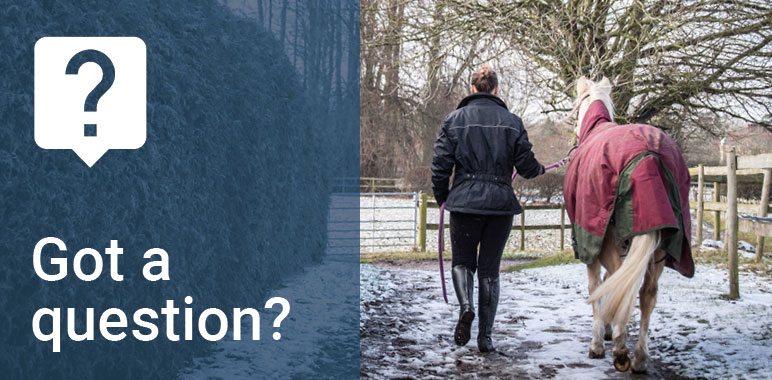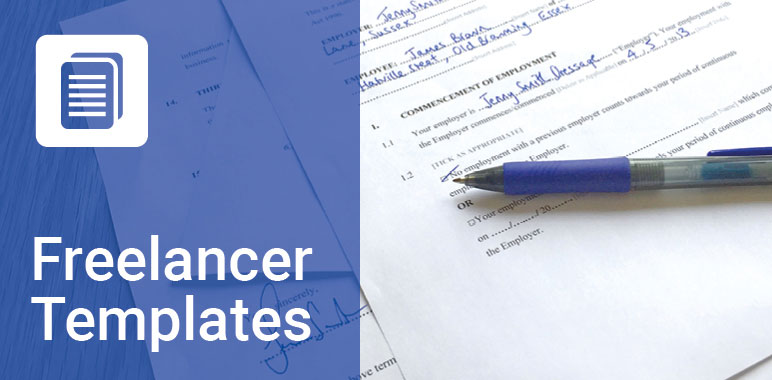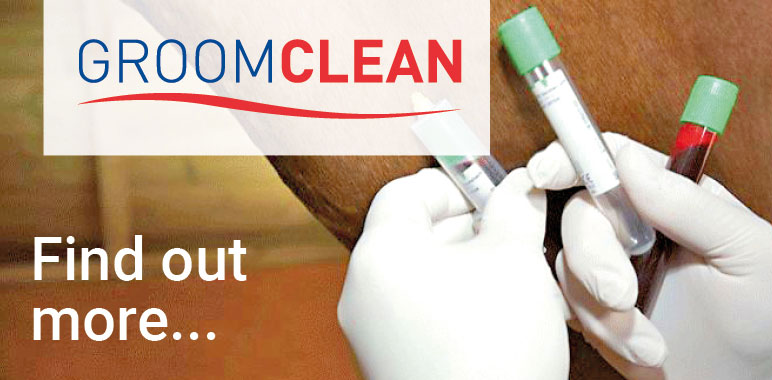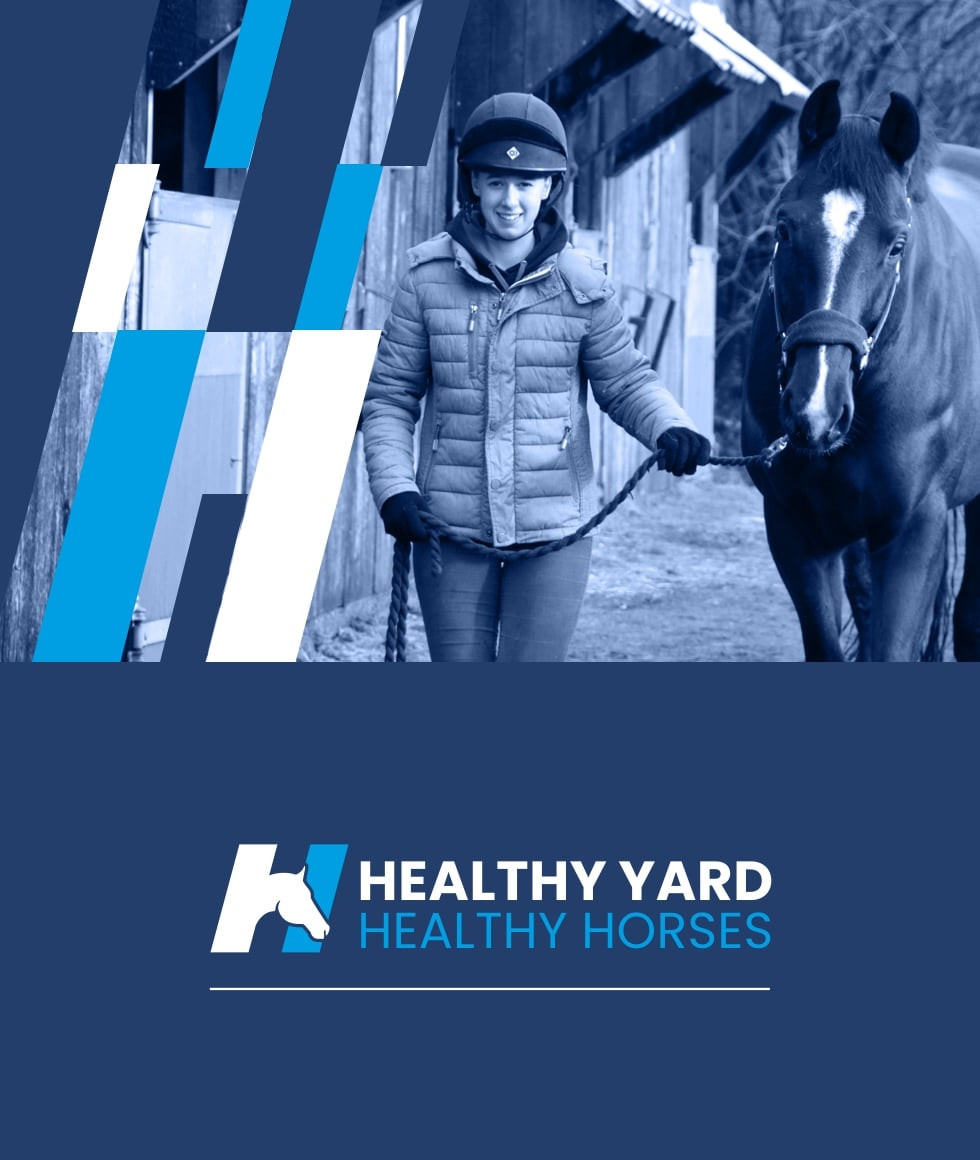- Join Now
- Login
- Member Zone
- Your Career
- Freelancing
- International Grooms Association
- BGA Training
- Healthy Yard Healthy Horses
- Transporting horses
- Brexit
- Safe workplace
- Student Zone
- Member Discounts
- BG Magazine
- Member services
- Training & Careers
- BGA CV Creator
- Horse groom training
- Where to Train
- BGA E Learning
- Career choices
- Change to Racing
- First Aid training for grooms
- Parents
- Grooms Jobs
- Grooms Life
- About
- News
- Contact

Equine Herpes Virus
25th February 2021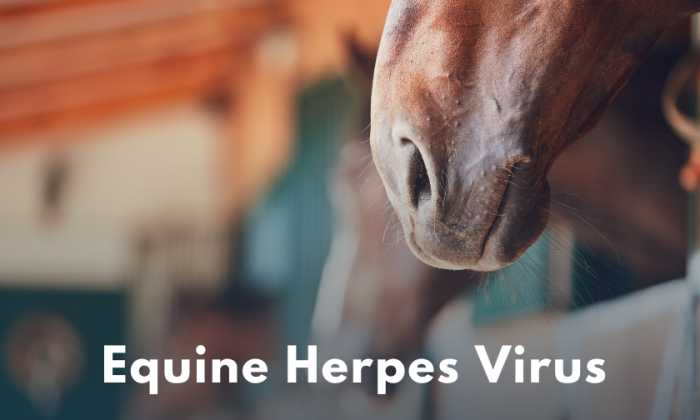
The BGA looks at what Equine Herpes Virus (EHV) is; and what biosecurity measures yards should have in place.
EHV is a viral infection that is very contagious.
Once a horse has EHV it can carry the virus throughout its life, potentially spreading it to other horses.
This is more commonly seen when the horse is under more ‘stress’, for example moving yards, or in a competition environment.
The strains
There are two strains of EHV:
- EHV-1: This type can cause abortion and neurological disease.
- EHV-4: This type mostly causes respiratory disease and the clinical signs can be very similar to that of equine influenza (flu).
Clinical Signs
Clinical signs can include:
- High temperature
- Nasal discharge
- Loss of appetite and lethargy
- Swollen neck glands
- Abortion (in pregnant mares)
Less commonly, horses can develop neurological signs and appear weak/wobbly, with occasional incontinence.
Horses in work will need time off work, usually for a number of weeks; and it is not uncommon for them to be susceptible to reinfection after a few months.
Vaccination has been proven to reduce clinical signs and decrease viral shedding. This is an important part of a comprehensive protection strategy. Speak to your vet about ensuring your horses are protected.
Biosecurity measures
Following exposure to EHV, it is important that strict biosecurity measures are put in place to protect other horses in the yard from being exposed to risk:
- The quarantine of horses on arrival back to the yard (ideally for three weeks)
- Wash your hands thoroughly between dealing with quarantine and non-quarantine horses
- Have specific separate equipment for each horse (I;e feed buckets)
- Have separate equipment for the quarantine and non-quarantine yard (i.e. mucking out and grooming)
- Disinfect transport and all equipment used when returning from an event
- Keep a close watch on any horses developing any clinic signs/a rise in temperature
If any of the horses develop EHV then they need to be removed from the quarantine stables and put into isolation.
Discuss biosecurity measures with your vet which may include disinfecting, the use of PPE, changing your clothes between handling horses, and the use of separate equipment.
If you have any concerns about the horses in your care then speak to your employer and seek veterinary advice.
What the personal accident policy covers you for:
- Whilst at work
- All stable duties – mucking out, grooming, washing off, turning out
- Clipping
- Riding – including hacking and jumping
- Hunting
- Lunging
- Breaking in
- Holding horse for a vet and other procedures
- Travelling horses both in the UK and abroad
- Competing in line with your job including: jumping, dressage, eventing
- Injuries that may happen to you whilst you are teaching - but you must also be grooming as part of your duties and not be a sole instructor
What the personal accident policy doesn’t cover you for:
- Riding in a race, point to point or team chase
- Stunt Riding
- Accidents occurring whilst travelling to and from work
- Riding and competing your own horse (but you can upgrade when applying for membership to include this)
- Public Liability – this is a separate insurance policy - the Freelance Groom Liability Insurance
- Care Custody and Control – this is a separate policy - the Freelance Groom Liability Insurance
If you require additional cover then please contact KBIS directly.
| GROOM | RIDER | EMPLOYER | |
|
When you are working for other people you do most of the following; muck out, turn out/catch in, tack up, groom horses, exercise Horses (including hacking, jumping and schooling), in the care of your employer/client. |
|
|
|
| Predominantly ride horses for other people including schooling, exercising and competing. | NO |
YES |
YES |
| Provide grooming services for someone else either full time or on a freelance basis i.e. an employer or a client. | YES |
NO |
NO |
| Employ staff – have an employers liability policy in your name | NO | NO | YES |
| Buy and sell horses | NO | YES | YES |


